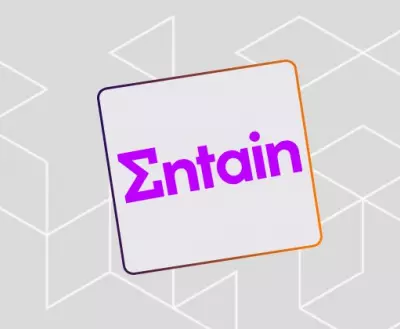
Fairness and transparency are crucial qualities in any gambling software. In an industry that’s attracted its fair share of rogue operators, the premium on integrity in the gambling sector is higher than most. Aside from licensing requirements, there are also the legal and moral arguments to factor in, and operators have a duty to ensure the games they offer are legitimate.
For most reputable operators, these are duties they take very seriously. So when player accusations end up in court, you can expect a fight. That’s exactly what’s happened with Aristocrat Leisure, the Aussie-listed developer of slot machines.
The news for Aristocrat comes off the back of a difficult few months for the company, having initially fallen victim to a Russian hacking scam which saw the company effectively held to ransom for millions back in August. But now the company is fending off legal accusations of their own, having been forced to defend the integrity of their games at the hands of a lawsuit led by a problem gambler.
The action concerns their Dolphin Treasure slot machine, of which there are some 38 machines in Melbourne’s Crown Casino. Problem gambler Shonica Guy encountered these machines, lost money, and cried foul. Her argument rests on what she asserts is the ‘misleading’ and ‘deceptive’ design of the machines.
The battle has this week landed Aristocrat and Guy in court in Australia. The plaintiff’s specific allegations centre around what she perceives to be the game deceiving players into thinking they’ve won. Her suit highlights the uneven distribution of winning symbols across the reels, specifically on the final reel, which makes it more difficult for players to complete the highest paying winning lines.
Needless to say, these allegations are being vigorously defended by Aristocrat. As Australia’s foremost listed slots developer, they have a reputation to defend, and allegations of this nature have the potentially to be destructive – both in terms of the case at hand, and the ongoing impact this could have on
According to local media reports this week, court exchanges have been brisk. Rejecting the line of argument from Guy, representatives for Aristocrat pointed to the ‘plethora’ of information available, both online and in brochures, dealing with the construction of the game. According to the firm, the accessibility of this information, written in clear, plain language, would have provided Ms. Guy with any information she needed before deciding to play.
They continued, highlighting the strong regulatory oversight in the industry, and the fact that the specific machine in question had been inspected countless times, and passed by strict licensing criteria. In the process, the legal team dismissed any idea of secret or hidden features, rejecting outright the allegation of any foul play on their part.
“How could it be said that we were acting in an unconscionable way when all these things have been considered … and taken into account by government and then produced legislation that we’ve complied by? People like Ms Guy have made these complaints to regulatory authorities, to parliamentary inquiries, to the ACCC and the response from government has led to the regulations we have and the information that’s available,” said Peter Jopling QC, representing Aristocrat.
Representatives from Crown Resorts, also tied up in the case, took a more aggressive approach, directly targeting holes in the argument put forward by representatives of Ms Guy. The case is expected to continue for several weeks, as Crown Resorts and Aristocrat strive to clear their name.
It would be unfair to completely dismiss Shonica Guy out of hand, and it’s clear that in some instances, particularly in shadier corners of the online gambling world, some underhanded practices do still exist.
However, these allegations are incredibly serious for businesses that rely on the trust of their players. Crown Resorts and Aristocrat both trade on the understanding that the games they offer are fair and reasonable, according to the requirements of their licensing and the freely available information published about their machines.
Their vigorous defense of these allegations only goes to show how seriously they consider these obligations. The case continues.








